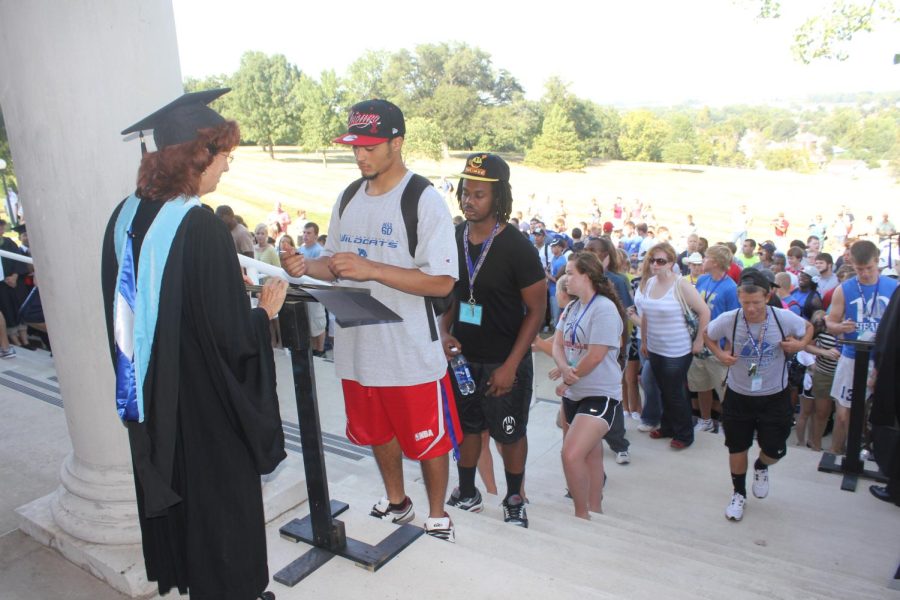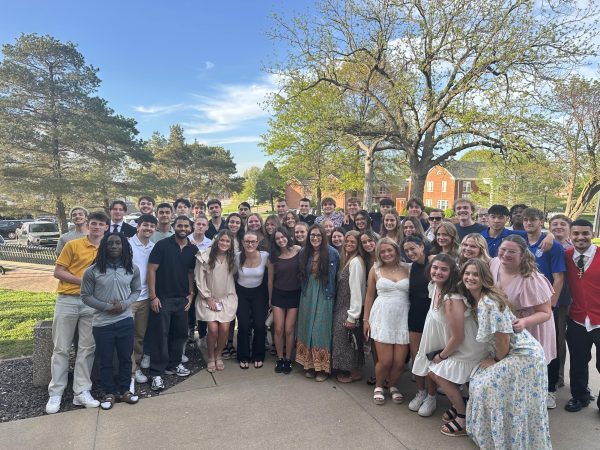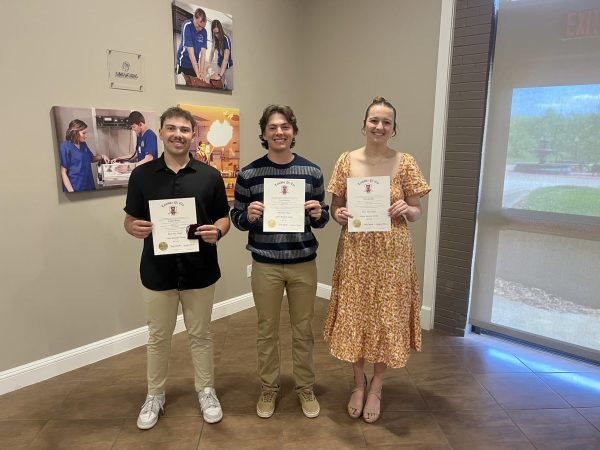Wildcat’s “#10YearChallenge”
Culver-Stockton College has well over 150 years of rich history, filled with experiences that can never truly be replicated. From the very beginning Culver’s students, campus, and faculty have always managed to find a way to evolve the culture and campus around them. With that being said, within the past ten years the atmosphere, quality, and culture of the C-SC campus have undergone a quite noticeable transformation. In honor of the college’s recent 10-year evolution, the members of the Campus Programming Council turned to a popular Facebook trend called the “#10YearChallenge” to truly highlight how far it has come in such a short amount of time.
Dr. Scott Giltner, professor of history, noted that when alumni visit nowadays they notice quite a bit, however, the biggest change they see is the overall quality of the appearance when on the campus. Dr. Giltner went on to say back in the earlier years, “We didn’t have the ability to focus on improvements,” but now the college can afford to focus on its growth. A huge testimony to that ability to grow is the five relatively new buildings that have been added within the past ten years.
Adding to those changes, Dr. D’Ann Campbell, professor of history, spoke about the cultural changes around campus. This seems to have shifted with both faculty changes, and arriving students stating that coaches are beginning to win awards and prove themselves and because of that we are seeing a fluctuation of the athletic population here at C-SC. She then went on to say “The percentage of athletes went from 50% to about 70% and it’s really exciting.”
With the change in Wildcat family members, C-SC has seen many more success stories and is starting to bolding the words “Win” and “Success” within Wildcat culture. This is creating an environment where students and faculty alike can continue our fellowship and maintain a sense of belonging but also strive for much greater heights than those who came before them.






